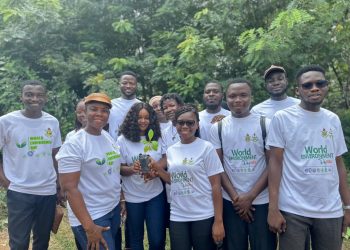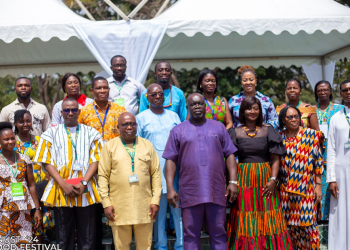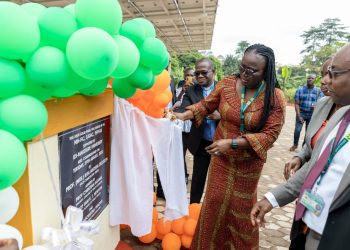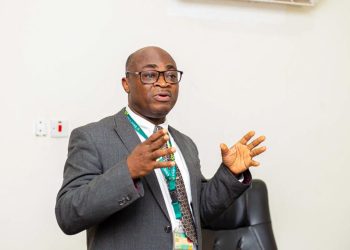A Senior lecturer at the Department of Child Health at the Kwame Nkrumah University of Science and Technology (KNUST), Dr. Vivian Painstil, has bemoaned the low level of awareness created on hemophilia and how the disease can be treated in Ghana.
According to her, most persons including health practitioners are oblivious of the rare disease which she described as a challenge and must be confronted immediately.
Speaking at a media round table discussion on the rare disease via Zoom organized by Pfizer, Dr. Vivian stressed that the time is ripe for the public to be aware of hemophilia.
She noted that the country needs adequate medical remedies and facilities for the treatment of hemophilia.
“World Hemophilia Federation provides support for people living with hemophilia through their provision of drugs and diagnostic equipment. There is a need to provide health facilities with adequate drugs and diagnostic equipment to enable them to provide comprehensive care support for hemophilia patients, only the Teaching Hospitals as well as some selected regional hospitals provide care support for hemophilia patients in the country. Due to lack of resources, including logistical and human resources at the district health facilities, people with the condition could not access care from such places and as such, had to travel to the Teaching or Regional hospitals in order to be seen. Again due to poverty, many of the patients who are suffering from hemophilia were unable to access health care. Some socio-cultural practices also prevented people suffering from the condition from seeking early medical intervention.”
Professor of Hematology and Blood Transfusion of the University of Lagos, Prof. Akanmu Sulaimon explained further the rare disease.

“Hemophilia, a rare genetic bleeding disorder that causes the blood to take a long time to clot because of a deficiency in one of several blood clotting factors, is almost exclusively found in males. People with hemophilia are at risk for excessive and recurrent bleeding from modest injuries, which have the potential to be life-threatening. People with severe hemophilia often bleed spontaneously into their muscles or joints, or rarely into other critical closed spaces such as the intracranial space, where bleeding can be fatal. 3 According to the World Federation of Hemophilia, an international not-for-profit organization, more than 38,000 people worldwide were living with hemophilia B in 2021. WFH works closely in partnership with hemophilia treatment centers (HTCs) in 29 African countries to share knowledge and build global awareness through information exchange, education, and training. WFH also provides ∼24 million units of CFCs per year to patients in sub-Saharan Africa through a humanitarian aid program. 4 Pfizer is a visionary partner of the World Federation of Hemophilia for WHD.”
Medical Director for Sub-Saharan Africa, Pfizer, Kodjo Soroh highlighted Pfizer’s commitment to creating awareness on the disease: “Pfizer’s efforts at advancing treatment for hemophilia and bridge gaps in access to care resonates with this year’s theme of World Hemophilia Day’s (WHD) Access For All: Prevention of Bleeds.1 Pfizer’s commitment to equity and continued investment in hemophilia is evident in its more than 30 years of experience in developing therapies for hematological disorders as it has a deep understanding of the significant challenges that people living with hemophilia continually face.2 Therefore, we will continue to amplify and celebrate the work of the global hemophilia community as we create awareness on the need for innovation in access to hemophilia treatments.”















